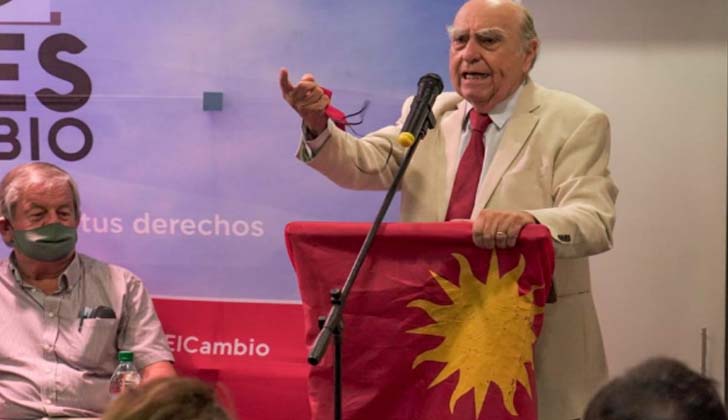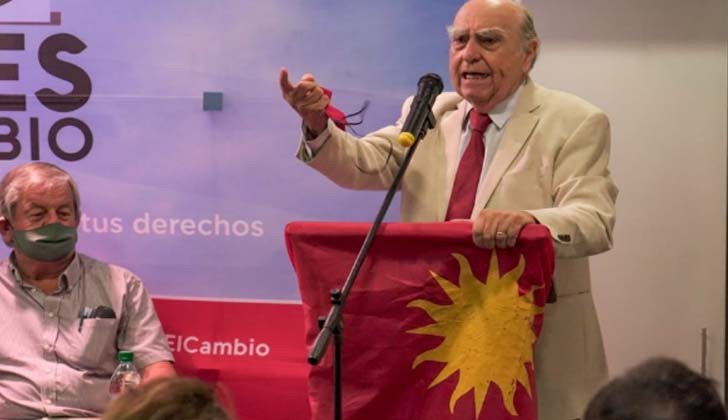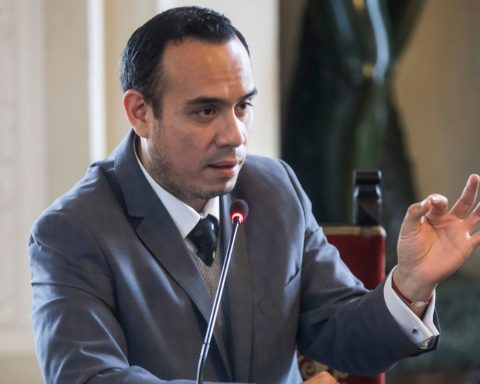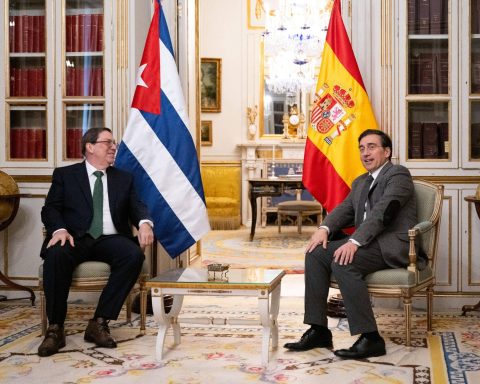
On Monday morning, the Executive Committee of the Party, chaired by Margarita Machado, met, with the former President of the Republic, Julio María Sanguinetti, acting as Secretary General.
During the meeting of the governing body of the Colorado Party, the situation raised before the traditional celebration of Women’s Day, on March 8, in which a strike by the PIT-CNT is announced, and the situation of labor conflict were considered.
In this sense, the National Executive Committee (CEN) of the Colorado Party issued a statement in which it states that “it legitimately represents the longest feminist tradition in the country, from its beginnings with maternity leave in 1906 to the latest advances consecrating in the Criminal Law on the crime of domestic violence (2002)”, for which it feels obliged to “claim for the celebration of Women’s Day, on March 8, respect for the plurality of the noble cause”.
He regrets that “an attempt is made to misrepresent that plurality with corporate expressions or partial political proposals, which only degrade the claim.”
Employment situation
Regarding the labor issue, the CEN received a report from the National Labor Deputy Director, Santiago Torres, who reported that so far this period there have been “three occupations in private establishments and 19 in public ones.”
He recalled that in these cases, “an interpretive decree of the LUC is applied that generalizes the procedure that the decree of the Mujica government had previously established for public premises. In this procedure, the Ministry of Labor makes an injunction, opens a space for mediation and if the vacancy is not agreed, it is authorized to summon the public force to proceed with the eviction, as happened recently in a UTU institute.
While in reference to the LUC, it was reported that article 392 “is strictly in accordance with the ILO resolution recognizing the right to strike, that of the worker who does not share the stoppage to be able to fulfill his task and that of the management of the company to be able to access its offices.
“Regarding occupation, the ILO considers that only those cases in which the other rights are specifically ensured, that of the worker who does not agree with the strike and that of the organization’s management, can be considered as part of the right to strike. In all other situations, it is defined as a violent and therefore illegal occupation,” he pointed out.
The Colorado chief also reported that in the various actions of the Ministry “there has been compliance with the rules, without serious episodes of resistance.”


















